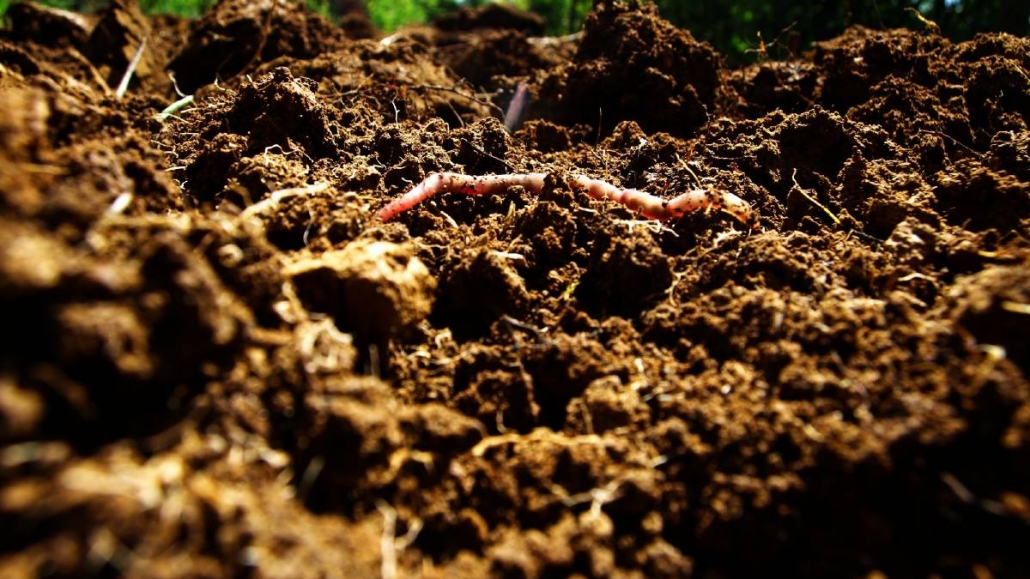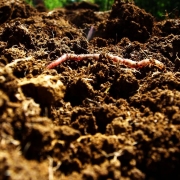So why is soil pH important?

If you have ever had a soil test done you will have noticed one of the first parameters to be listed in the results is pH. But what is soil pH and why is it important?
Soil pH represents the degree of acidity or alkalinity and is a measure of the concentration of hydrogen ions in the soil solution. Soil pH ranges between about 3 (very acidic) to 10 (very alkaline). In our region soils typically have a pH range of 4.5-7, but can be as high as 8 or 9 in areas with limestone outcrops.
The pH of a substrate, like soil, affects the behaviour of the chemicals contained within it; influencing the form of these substances and the reactions and chemical processes they undergo. The acidity of soil impacts on the availability of elements and compounds, both beneficial and detrimental, to plants.
Compounds from the soil enter plants via their root system and must be present in a soluble form in order to be taken up with water. Different plant species are adapted to soils of different pH ranges and some have adapted to cope with extremes, but in general the optimum is between pH 5.5 and 8. In this range essential nutrients needed for plant growth are available in abundance in their soluble form and harmful substances are not present at toxic levels.
Deficiencies in essential nutrients are a limiting factor for plant metabolism and result in slow growth rates and poor yields. For example, zinc, which is required in a large number of plant enzymes and plays a crucial role in DNA transcription, and copper, which is necessary for photosynthesis, are present in their soluble forms at soil pH 4.5-8. Soil pH between 5.5 and 8 provides the most favourable conditions for maintaining essential macro and micro-nutrients in their plant-available forms.
Conversely, aluminium is insoluble in this range. This is good news because aluminium, which is present in all soils, is extremely toxic to plants in its soluble form. Aluminium severely limits root growth by inhibiting a number of physiological pathways, and plants experiencing toxicity can exhibit moisture stress even when the soil is relatively moist.
Whether it’s in your garden, crop or pasture, if you are examining the factors that are constraining plant growth, checking the pH of your soil might be a good place to start.



